Coptic Heritage; Preserving Religious Freedom in Egypt

The Church was called “hanging” as it was built on the top of Babylon Fortress’s gatehouse.
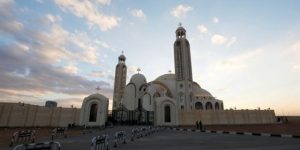
The Coptic Orthodox Church or The Church of Alexandria is a minority group in Egypt. Copts are members of Egypt’s indigenous Christian community. They constitute up to 10 percent of the population of Egypt.
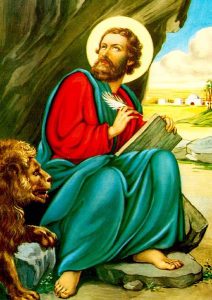
Copts date back to approximately 48AD when Christianity is believed to have been brought to Egypt by St Mark the Evangelist. The protection of its heritage has taken on greater urgency as discrimination against the Coptic communities has intensified in recent years, with targeted attacks and destruction of their heritage. An historic partnership between the United States Agency for International Development (USAID), the American Research Center in Egypt (ARCE), the Egyptian Ministry of Tourism and Antiquities and the Coptic Orthodox Church has brought to life three spectacular Coptic churches and the earliest painted Christian tomb in Egypt.
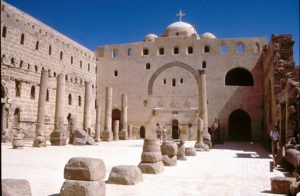
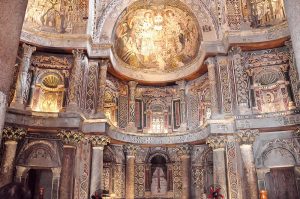
Major wall painting conservation and publication projects at these four sites ( The Tomb of St. Shenoute at the White Monastery, Red Monastery, The Old Church at the Monastery of St. Antony ) revealed treasures that had not been seen for centuries, making major contributions to the corpus of medieval art. Source
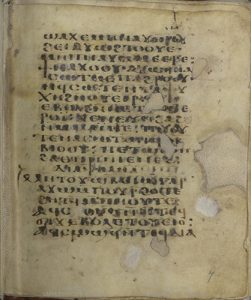
The modern Coptic language is the last written phase in the evolution of the language of the ancient Egyptians. It’s a crucial part of preserving the Coptic heritage. When the bible was first written and translated it was Greek. The Coptic language of Egypt has some alphabetical similarity because of the shared geography. As the Greek Bible was translated to Coptic for the Orthodox Church there were also alternative Christian communities known as the Gnostics and the Manicheans who used the Coptic language to spread their teachings. After the Arab Conquest of Egypt, Arabic slowly took precedence as a language of government and administration. Arabic became the preferred language of literary composition among the elite Copts a few centuries later.

Consequently,Coptic literature became restricted to biographies and ritual compositions. Even the biographical works of the saints have been adapted for liturgical use. Through Orientalist and colonial influence, as well as the Coptic initiative, a revival occurred in the mid-nineteenth century in which the essence of the reform was to “modernize” the Coptic language by unifying it. Historian Paul Sidra argued that educated Copts began textual processes of Coptic heritage, and he defended the ability of civilization and disciplinary reform. Source
Audio Playerwhen you Carpool with a Priest in Christmas
Since Arab language spread with the Muslim faith and became a language of power, the Coptic language and culture became increasingly a minority in Egypt. While Coptic Christianity has a long and proud cultural tradition in Egypt, the historic pressures of competing Muslim politics and of today’s Muslim culture in Egypt have threatened the freedoms of Coptic people.
The church faces both official and social restrictions on building their houses of worship, as often government officials have been slow to issue licenses (even to existing churches seeking recognition). The U.S. Commission on International Religious Freedom (USCIRF) released its annual report on religious freedom around the world. Egypt was designated a “Tier 2” country, in 2018, the U.S. the Department of State said, “Religious freedom and human rights activists said government officials sometimes did not extend procedural safeguards or rights of due process to members of minority faiths. Many churches in Egypt need immediate restoration but Christians say they are unable to begin restoration work because of complicated bureaucratic processes. One of the problems facing the licensing process is that the committee formed by the prime minister to investigate licensing requests includes several government agencies, which creates another bureaucratic quagmire. Source
On many different levels the local Government isn’t flexible enough in their way of thinking to help the people and secure their rights. Being able to get our voices to international organizations is important and helpful, but it makes me sad to know that my own Government can’t work in an effective way to secure heritage rights or efficiently authorize it. The power of international flexibility and advocacy for human rights is like the power of a community of activists to affect change in an individual. Our friends and community members have the power to encourage us to act in the right ways or to discourage us and lead us in negative directions. This human truth is present both on the individual level of self government and on the very global level of international advocacy for human rights.
How can we act as global citizens who respect the varied cultures of our world and advocate for religious freedom? The United Nations has proposed the Global Goals initiative linked below to increase learning and citizenship advocacy for basic human rights. We are an interdependent world in the 21st century. This is a fact that both citizens and leaders must recognize if we are to continue to solve the problems of our day.
